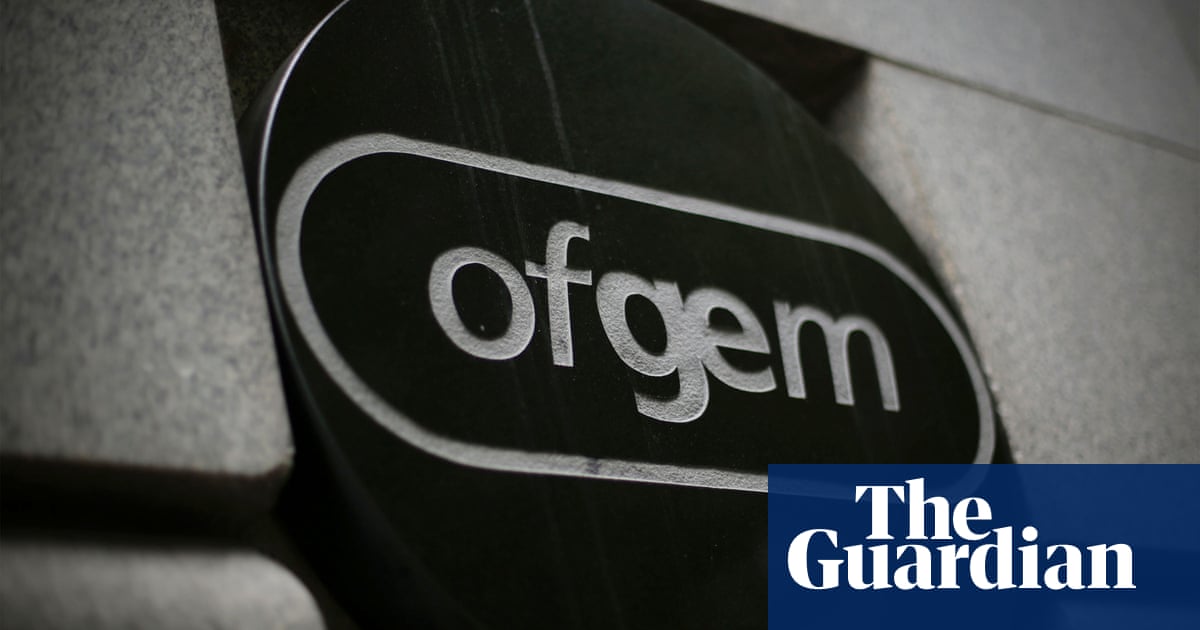collected by :Victor Alphen
In fact, as electric vehicles and charging stations pop up all over San Francisco, there are no existing hydrogen fuel stations in The City. If hydrogen fuel cells become more widely adopted, the demand could also provide California with support to store renewable energy. The widespread adoption of hydrogen fuel cells by the maritime industry could also benefit electricity suppliers in California. But storing renewable energy in hydrogen tanks may be a better choice; at least, in some situations. If the vessel is successful, Pratt and others must then motivate the maritime industry to ditch diesel for hydrogen fuel on a wider scale.

In fact, as electric vehicles and charging stations pop up all over San Francisco, there are no existing hydrogen fuel stations in The City. If hydrogen fuel cells become more widely adopted, the demand could also provide California with support to store renewable energy. The widespread adoption of hydrogen fuel cells by the maritime industry could also benefit electricity suppliers in California. But storing renewable energy in hydrogen tanks may be a better choice; at least, in some situations. If the vessel is successful, Pratt and others must then motivate the maritime industry to ditch diesel for hydrogen fuel on a wider scale.
Ofgem could make it harder for new firms to enter energy market
Ofgem is considering making it harder for new challenger companies to enter the energy market, citing concerns over poor customer service and lack of financial resilience. The changes under consideration include new tests on the financial health of prospective suppliers, and more regular checks on existing energy companies. Two of the other big suppliers, SSE and npower, are merging in response to the competition from new entrants. While some small suppliers have faced customer service problems, many others have been praised for their service. The top six energy companies in a recent customer service poll were all small suppliers, with the top slot taken by Octopus Energy.
Comments
Post a Comment